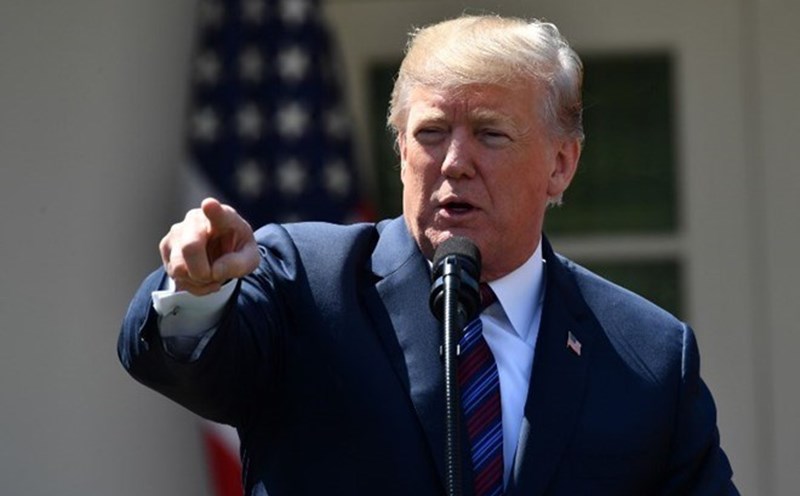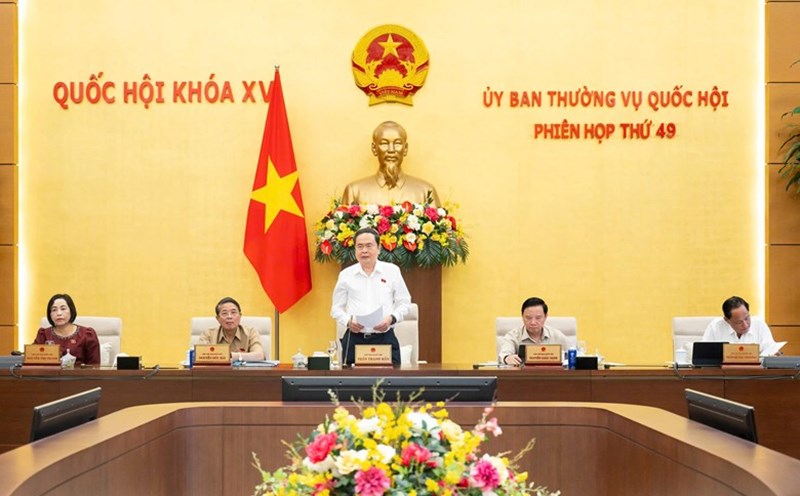On September 20, Hungary officially announced that it would follow the US in listing Antifa as a terrorist organization. In an interview on state radio, Prime Minister Viktor Orban praised President Donald Trump's previous decision and said that Hungary should also take similar measures to protect society from extremist movements that are considered a threat.
According to Mr. Orban, Antifa - the term used to refer to left-wing groups operating against apartheid and extremeism - should be considered a terrorist organization both legally, in order to limit the influence and acts of violence. Although the movement in Hungary is relatively small, he recalled a 2023 event in which an Antifa group was accused of attacking participants in an far-right event in Budapest.
A prominent case mentioned by Mr. Orban is Ilaria Salis, an Italian Antifa activist who was arrested in Hungary more than a year after the incident. She was then released under house arrest in May 2024 and elected to the European Parliament, with a legal exemption due to her delegate status.
In this situation, human rights groups warned that assigning terrorism to Antifa could be a measure to limit freedom of speech and the right to protest the constitutional government.
Mr. Orban did not stop at speaking, but also called on the government to draft a law to implement the identification of Antifa as a terrorist. He said the move was in line with international trends as the US had declared Antifa a major terrorist organization a few days ago.












